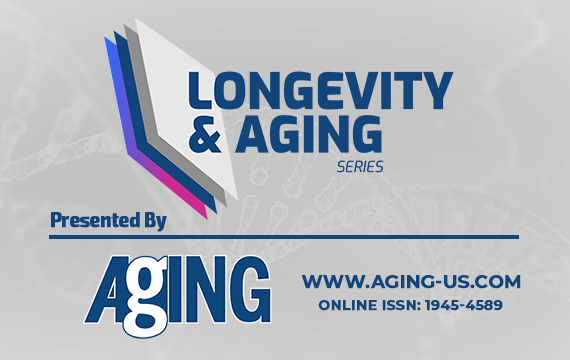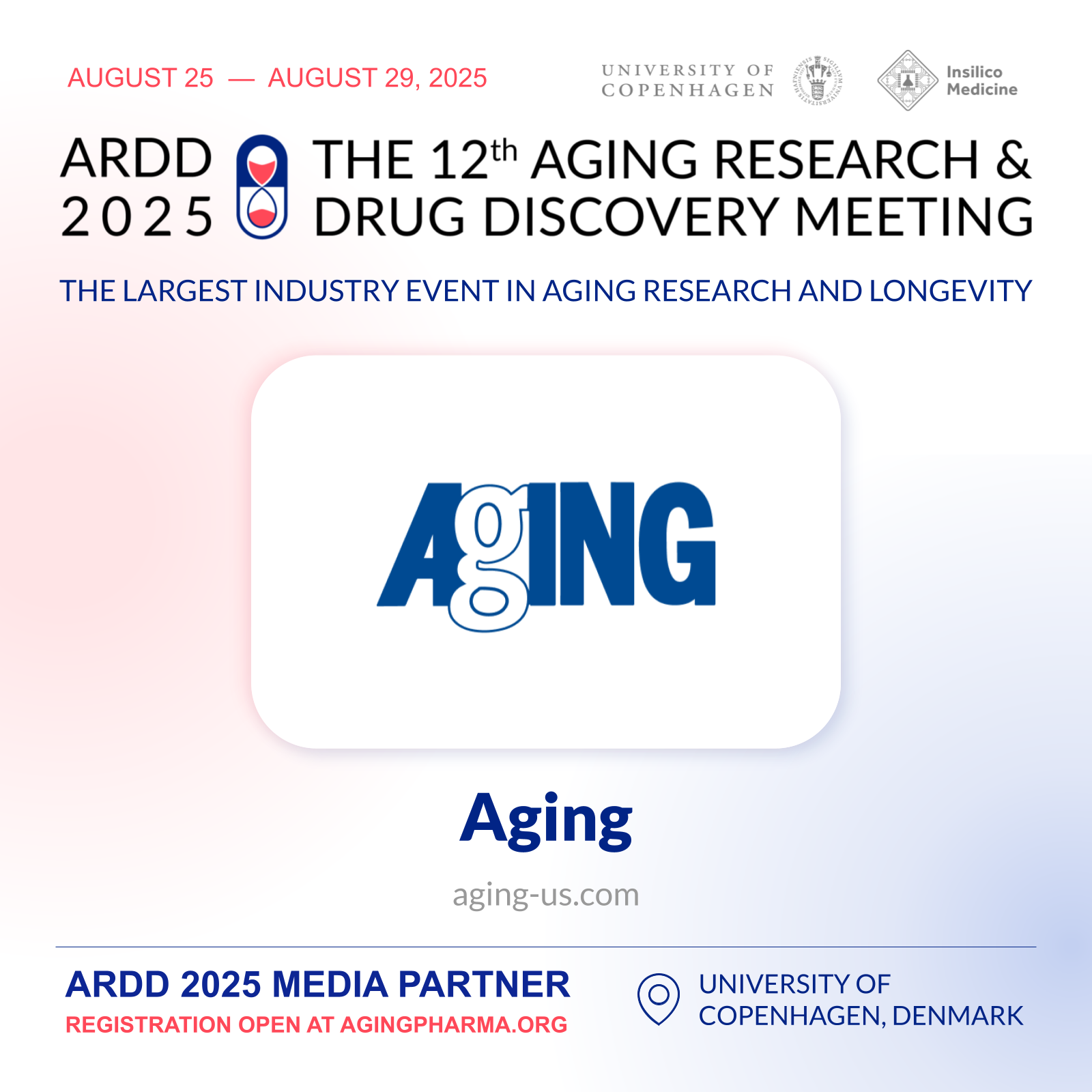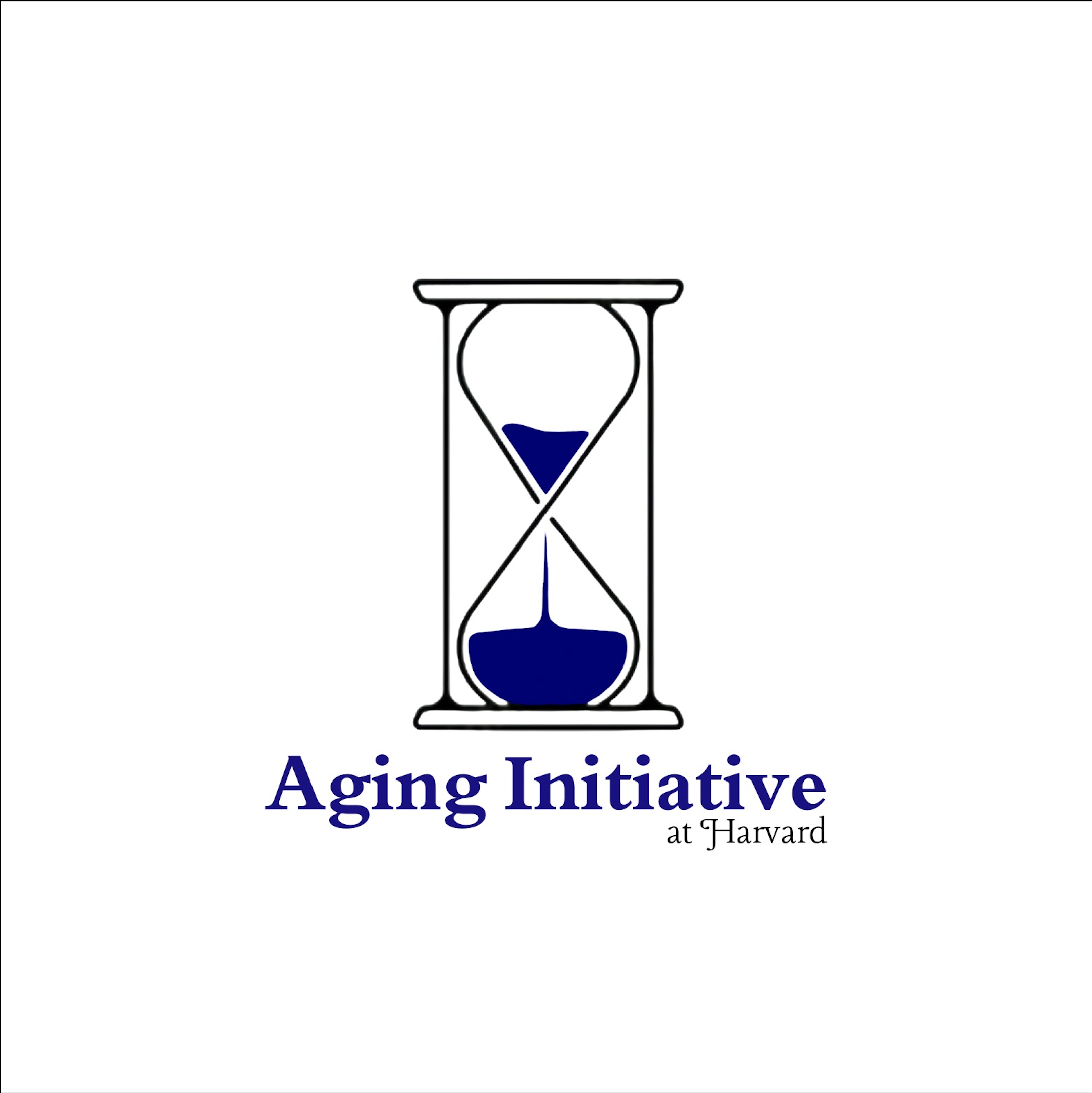Research Paper Volume 16, Issue 7 pp 5829—5855
The coupling between healthspan and lifespan in Caenorhabditis depends on complex interactions between compound intervention and genetic background
- 1 Institute of Ecology and Evolution, University of Oregon, Eugene, OR 97403, USA
- 2 Department of Molecular Biology and Biochemistry, Rutgers, The State University of New Jersey, Piscataway, NJ 08854, USA
- 3 The Buck Institute for Research on Aging, Novato, CA 94945, USA
- 4 Division of Aging Biology, National Institute on Aging, Bethesda, MD 20892, USA
Received: September 19, 2023 Accepted: January 11, 2024 Published: April 12, 2024
https://doi.org/10.18632/aging.205743How to Cite
Copyright: © 2024 Banse et al. This is an open access article distributed under the terms of the Creative Commons Attribution License (CC BY 4.0), which permits unrestricted use, distribution, and reproduction in any medium, provided the original author and source are credited.
Abstract
Aging is characterized by declining health that results in decreased cellular resilience and neuromuscular function. The relationship between lifespan and health, and the influence of genetic background on that relationship, has important implications in the development of pharmacological anti-aging interventions. Here we assessed swimming performance as well as survival under thermal and oxidative stress across a nematode genetic diversity test panel to evaluate health effects for three compounds previously studied in the Caenorhabditis Intervention Testing Program and thought to promote longevity in different ways – NP1 (nitrophenyl piperazine-containing compound 1), propyl gallate, and resveratrol. Overall, we find the relationships among median lifespan, oxidative stress resistance, thermotolerance, and mobility vigor to be complex. We show that oxidative stress resistance and thermotolerance vary with compound intervention, genetic background, and age. The effects of tested compounds on swimming locomotion, in contrast, are largely species-specific. In this study, thermotolerance, but not oxidative stress or swimming ability, correlates with lifespan. Notably, some compounds exert strong impact on some health measures without an equally strong impact on lifespan. Our results demonstrate the importance of assessing health and lifespan across genetic backgrounds in the effort to identify reproducible anti-aging interventions, with data underscoring how personalized treatments might be required to optimize health benefits.




